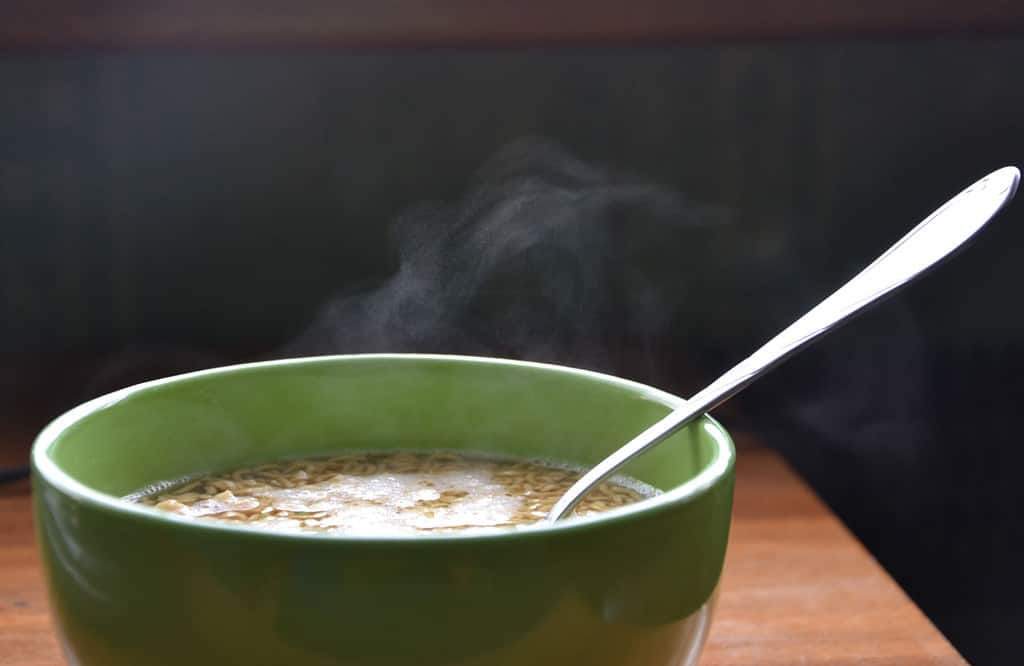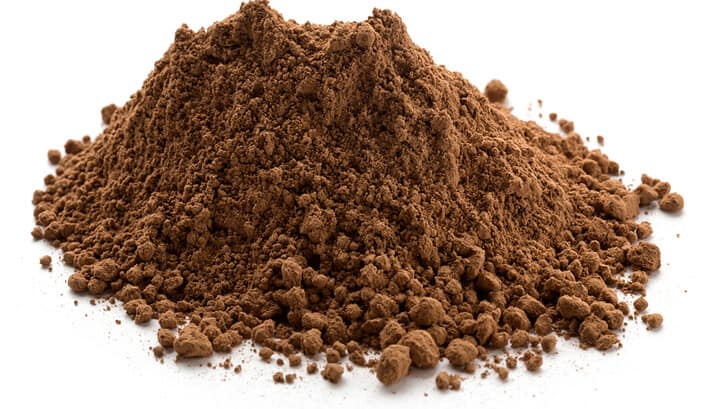Progresso is a fan favorite due to its fantastic taste and texture. One bite leads to another until you can have no more. You may decide to have several cans to keep your cravings in check, but you hesitate because you don’t know how long it can last. So, does Progresso soup expire?
No, Progresso does not expire. It can last a decade or two if stored properly away from fluctuating temperatures and humidity. However, Progresso soup has an expiry date on the can, which shows the timeline in which the soup is in its best quality. The period is usually around two years.
In this article, we will look into Progresso soup’s shelf life, how to store it, how to freeze it, how to know it has gone bad, and much more. Let’s get into it!
What’s the Shelf Life of Progresso Soup?

Progresso soup’s shelf life is how long the delicacy is expected to last after being manufactured and packaged. The shelf life is two years from the manufacturing date.
The expiration date is usually stamped on the can, which is the date it should be discarded.
Is It Safe to Take Progresso Soup After It Has Expired?

The expiration of Progresso soup is not an indicator of expiration or going bad.
According to USDA, canned food is safe for years as long as the can doesn’t have dents, holes, mold, or rust.
Therefore, as long as you store Progresso soup properly and there are no defects in the can, it is safe to consume.
The ‘expiry date’, ‘use by’ or ‘best before date’ usually indicates when Progresso is in its best taste and quality for consumption.
What Happens After the Expiration of Progresso Soup?

Although Progresso soup doesn’t expire or go bad after the shelf life expires, it may have some noticeable changes. Luckily, despite the changes, it is still good for your health.
The changes include texture, taste, and color. These changes may be slight initially, but they become more noticeable as the Progresso soup lasts.
The nutritional value also deteriorates, although it may take more years of about 4-5 years.
How to Know When Progresso Soup Has Gone Bad?

Even though espresso soup can last for years, you shouldn’t rule out the possibility of going bad. If you feel unsure whether it is unsafe to consume, look out for the following indicators:
Funny/foul smell:
Before serving it, smell inside the can. If you know the original smell of Progresso soup, you can notice the change in smell.
Otherwise. If it’s your first time, you’ll notice a distinction between when it was fresh and later.
Color change:
The color can also show if espresso soup has gone bad by comparing it with the typical color when fresh. Black hues or greenish substances may signify bacterial biofilms and mold.
Sticky texture:
Progresso soup’s texture is usually thick and creamy. If the soup has become sticky and creamy, it shows that it has gone bad.
Can Damage:
You should examine the can for any holes, rust, dents, etc. if you notice any of these, it may indicate spoilage as they expose the Progresso soup to contamination.
Also, insects can show that it has gone bad if they are crawling on or they’re inside the can.
Swollen lid: The espresso soup is usually packaged under high pressure, which may cause swelling on the lid. However, swelling on the lid can signify spoilage.
When yeast and bacteria grow, it produces gas that puts pressure on the lid hence bulging it.
Can You Prolong the Shelf Life of Progresso Soup?

You can extend Progresso soup’s shelf life by storing it in a dry area such as a cupboard or a pantry at an average room temperature between 70 and 80 degrees.
Also, avoid storing the Progresso soup on the counter or in any position that is likely to have direct sunlight.
Also, don’t leave it in damp or hot areas below your sink or near your stove. These areas can cause changes in temperature in the espresso soup, thus causing it’s going bad.
How Long Can Espresso Soup Last After Opening?
When you open espresso soup, it’s best to eat it within the same day for flavor. Otherwise, you can store it in the refrigerator for up to four days in an air-tight container.
The USDA states that canned is safe for consumption when stored in the refrigerator using its original can, although the flavor will deteriorate.

Can you Freeze Progresso Soup?
If you hate to waste food, which is a better option than discarding, you can freeze espresso soup. Also, those who love buying different cans can still enjoy the soup for a long time.
When you open the Progresso soup but can’t finish a part of it, put it in a freezer bag and place it safely in the freezer.
Ensure you seal the packaging properly to avoid contaminating other food, which can cause spoilage. The soup can last for up to six to 12 months.
Frequently Asked Questions (FAQs)
Below are some common queries Progresso soup lovers often ask:
Why Did my Progresso Soup Produce a Hissing Sound After Opening?
The hissing sound is nothing to worry about as it is caused by the sudden change of environment when you open the lid.
Progresso soup is vacuum sealed with a sealant during packaging under very high temperatures.

When you open the can, the pressure from inside interacts with the outside environment, which is lower temperature and pressure, thus the hissing sound.
Can Progresso Soup Cause Food Poisoning?
Although Progresso soup can last for years without going bad, improper preservation can create a conducive environment for bacteria growth.
If you let it last for more than 3-4 days after opening without refrigeration, it could develop food poisoning, also known as food-borne disease.
You may not notice it by smell or taste, but it can be dangerous when consumed.







